The top 5 things you need to know about tiles before you buy
February 2019
If you’re thinking about tiling your home, there are a couple of things that you need to look at before you choose your tiles. Selecting which pattern, style or colour tile for your home is exciting, but getting value for your money is also important. We’ve put together the top 5 things you need to know about tiles before you buy.
Floor vs. wall tiles
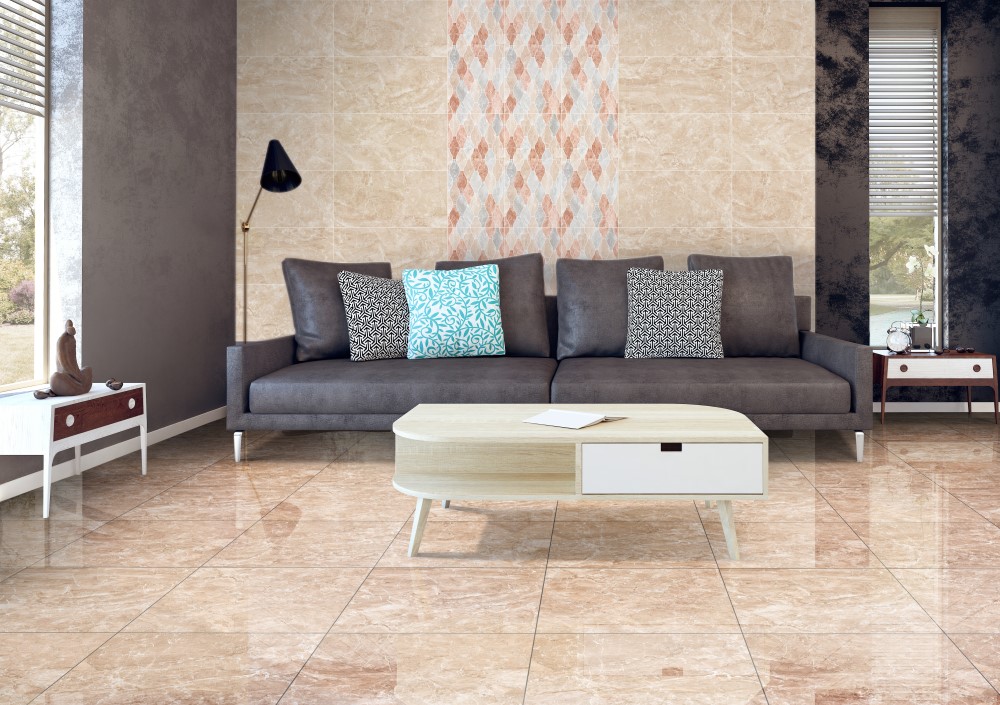
Wall tiles are usually thinner, smaller and lighter than floor tiles. They are not designed to withstand significant temperature changes or weight, so they must not be used on the floor.
Floor tiles are stronger and can take the weight of your furniture, people walking over them and the day-to-day activities in your home. You could use a floor tile on the wall, but never use wall tiles on the floor.
Ceramic vs Porcelain tiles
Many people ask what the difference is between ceramic and porcelain tiles. They are both excellent for tiling your home and the only difference is where you want to use them and what look you want for your home.
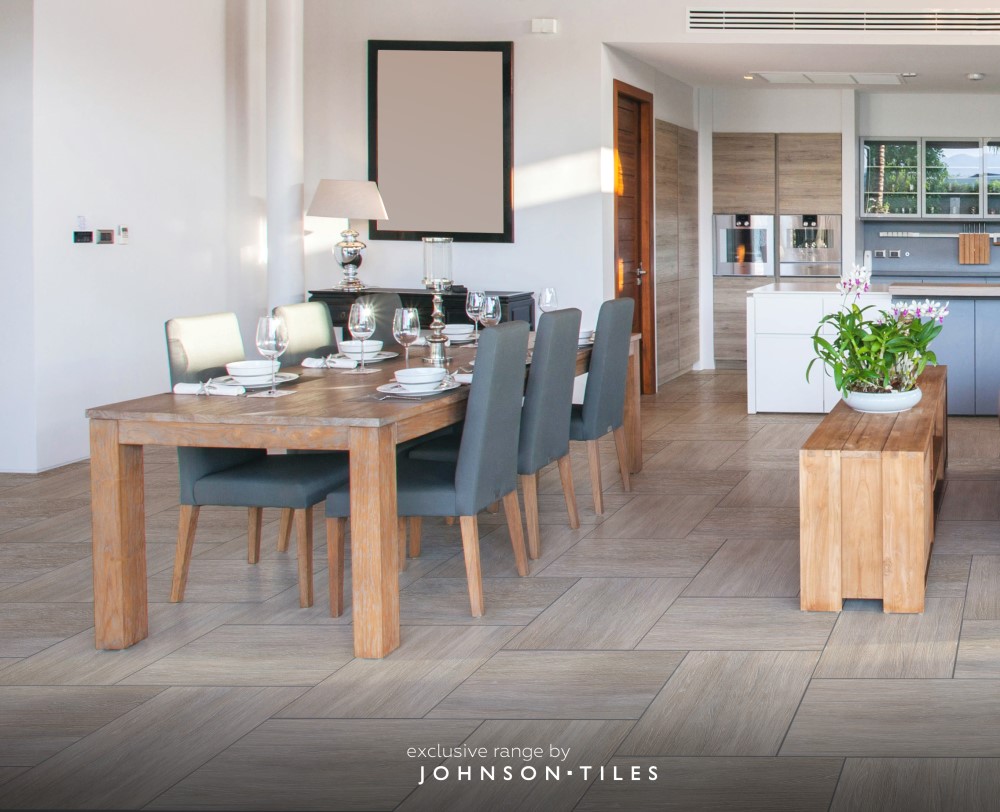
Ceramic tiles are the most common type of tile and offer a wide variety of patterns and colours, giving you a lot of choice to express your personal style. They can be used just about anywhere, except for exposed outdoor areas like around your braai or the pool.
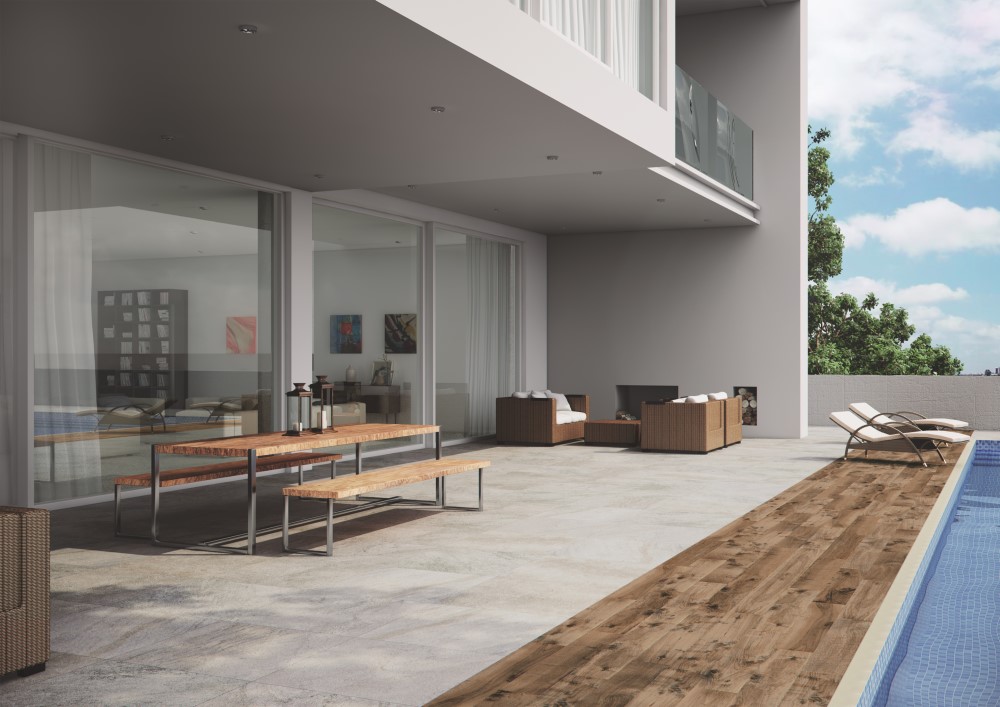
Porcelain tiles absorb less water and are generally stronger than ceramic tiles, which is why they are really good for high traffic areas and for your outdoor areas - remember to ask for a slip-resistant finish. Bear in mind that porcelain tiles need a specific adhesive to install them and generally cost more than ceramic tiles
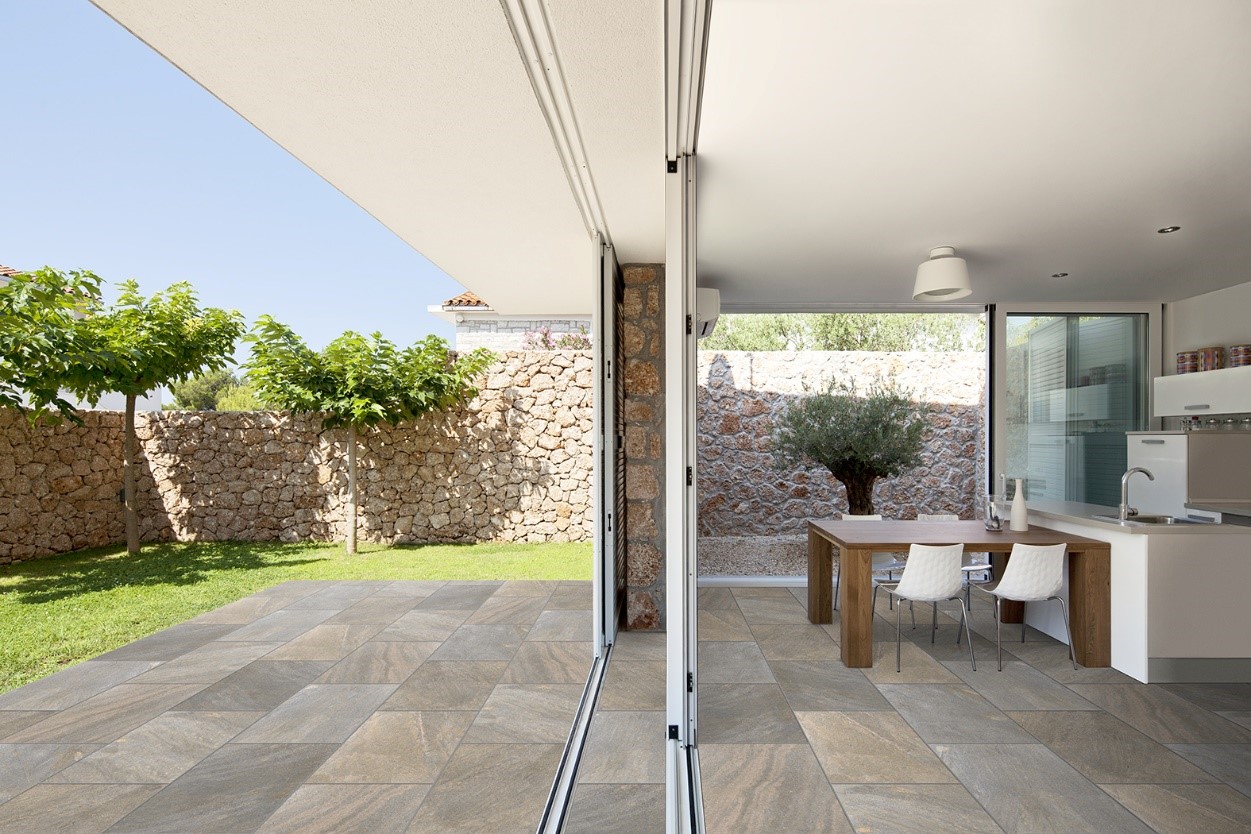
Sitting between ceramic and porcelain tiles are what we call hard body tiles. These are more pervious to water than porcelain tiles, but less than ceramic tiles, which makes them a great alternative for when you don’t have the budget for porcelain tiles.
First vs Second grade tiles
Ever wondered what the difference is between a first and second grade tile?
First or A grade tiles are the best quality, with no flaws and are consistent in size and shade if you buy your tiles from the same manufacturing batch. You can check for the batch number with the store or look on the side of the boxes before taking them home. We recommend that you aim for first grade tiles for your home as the quality is guaranteed, which is peace of mind for you.
When tiles have size, shade and quality variations in them, they are labelled second, or B grade and come with no guarantees from the manufacturer or retailer. They may be cheaper than a first grade tile, but you need to check each one before installing to avoid any nasty surprises in your finished project. You’ll also generally need to buy more tiles to swap out the flawed ones so that you get the best possible result.
Decorative tiles
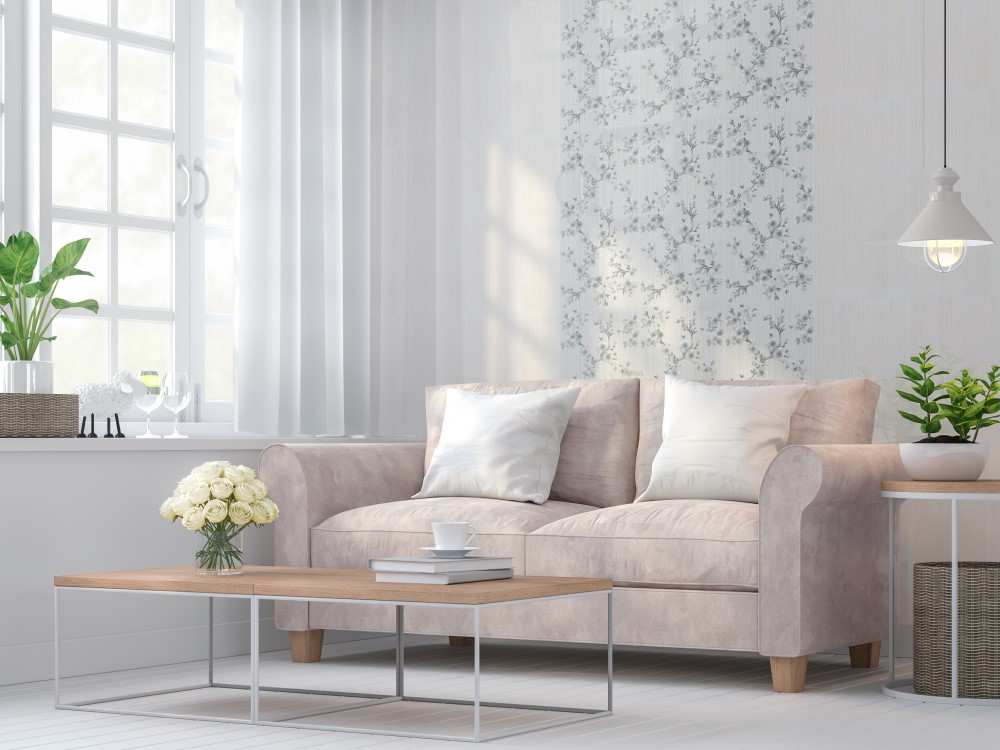
Think beyond the norm and add something unique to your home by including mosaics, listellos and décor tiles in the design of your tiled areas. These can define an area, bring colour to your room or be used as a feature within the space. Ask in-store if there are décor elements for your chosen tiles, as a number of our collections include a décor or listello tile already, making it easier for you to create your personalised look.
Getting the money right
If you have a specific budget to keep to, and who doesn’t, there are couple of things you need to add to your calculations beyond the cost of the tiles themselves. Always buy 10-15% more tiles than what the measurements of your space are to allow for breakages during installation and to keep stock in your garage for future repairs or renovations. Remember to add the cost of the tile adhesive and grout to install your beautiful new tiles. Also check with your tiler if you need any extras like trims or edges that will finish off your project to perfection. Once you have confirmed these costs, you’ll have a better idea of what price range you’re looking at when you go shopping for your tiles
Armed with these top 5 tips you can go and buy your tiles with confidence that you will be getting the best possible options for your budget and for your home. After all, tiles are a long-lasting addition to your home and you should love them, right from the start, for all the right reasons. When in doubt, ask a Design Advisor in store for advice on creating the ideal space for your family.
